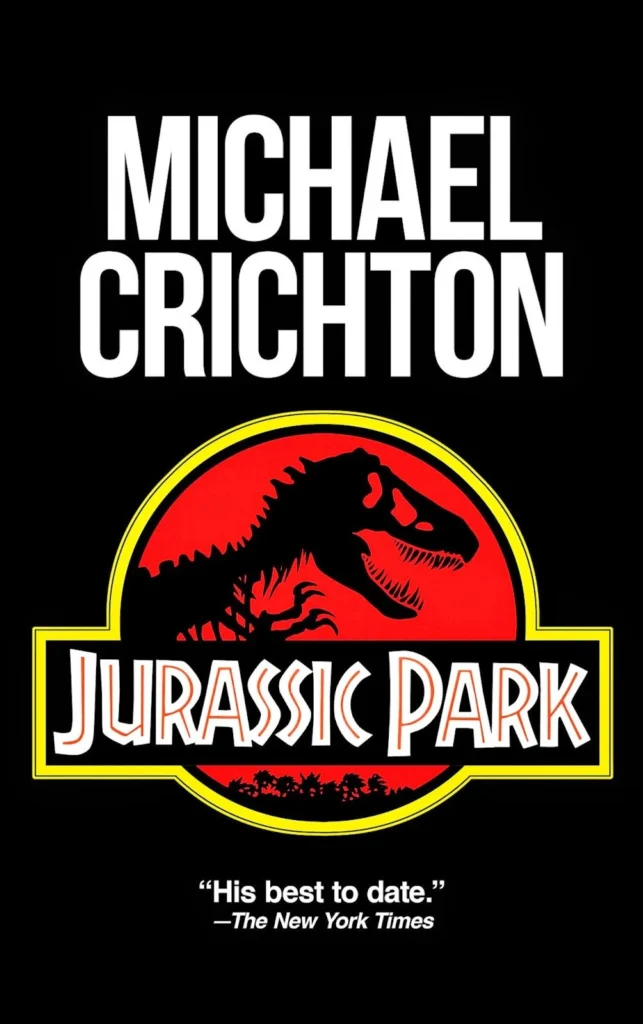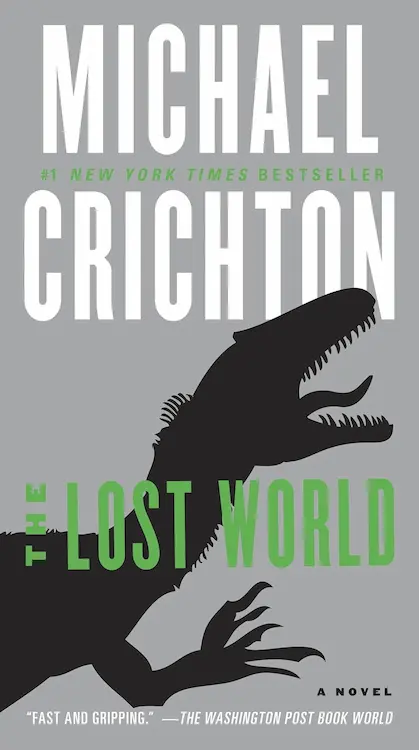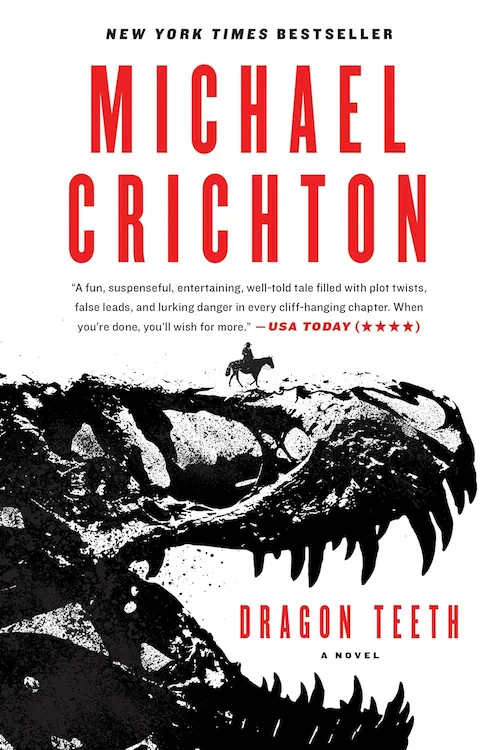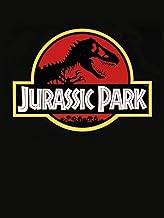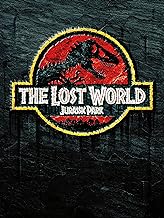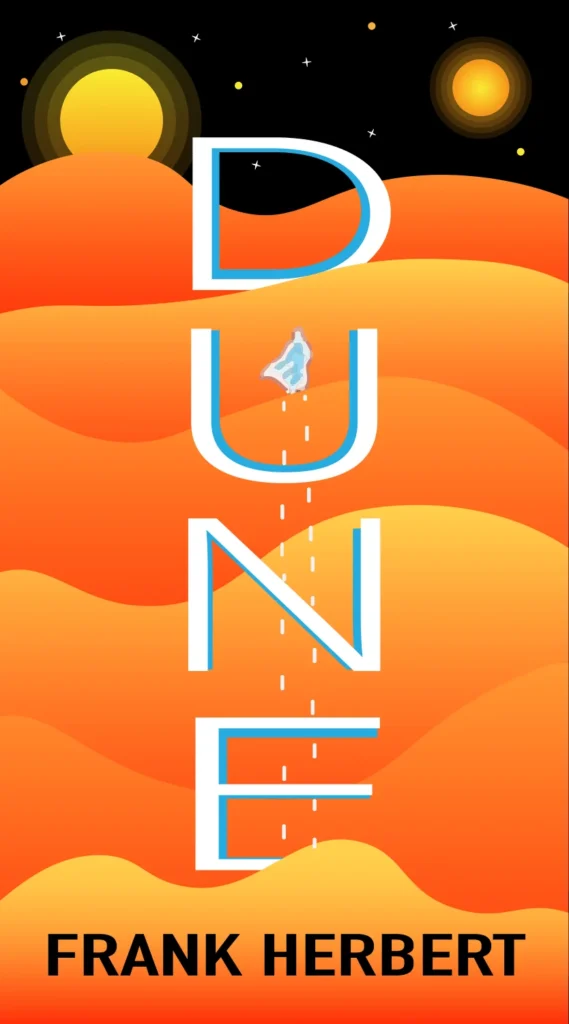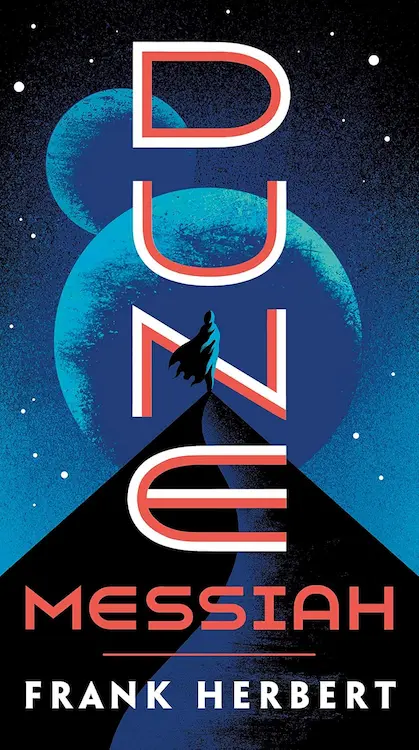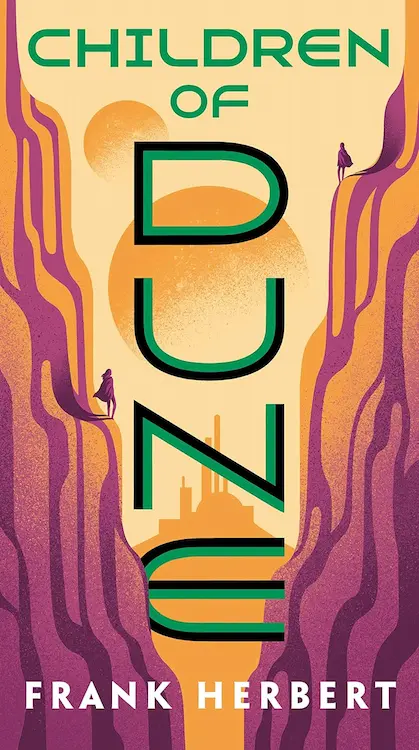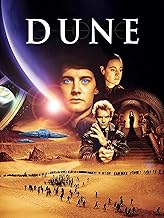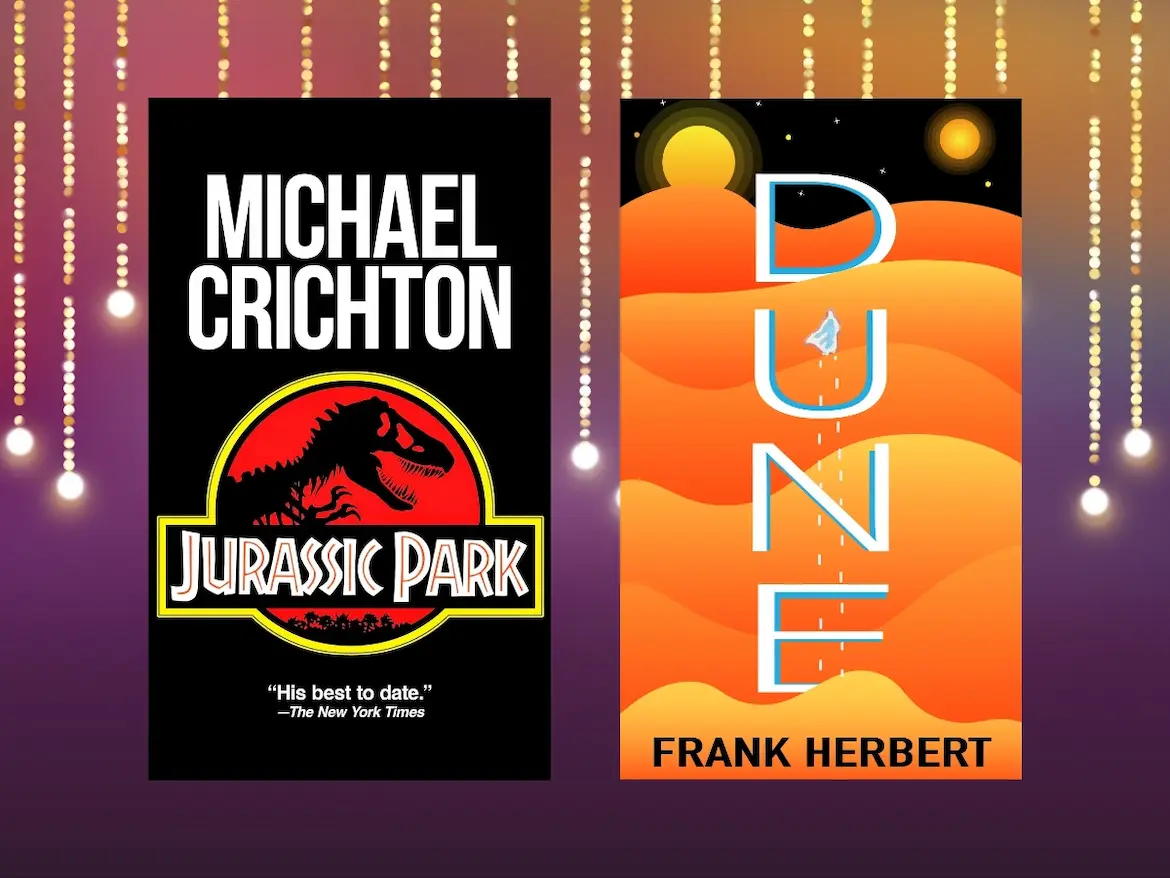
In This Page to Screen
A Voyage from Page to Screen
In the vast and complex realm of converting books into movies, where the distinction between success and failure is delicate, a captivating saga takes place that mesmerizes both film enthusiasts and book lovers. It’s a mysterious and uncertain alchemy. The process of adapting a book into a film, transforming the written words of an extraordinary book into either a cinematic masterpiece or, unfortunately, a disappointment. Let’s embark on a journey of adaptation, from book to screen, exploring its magnificent highs of cinematic bliss and its dark depths where great books perish on the silver screen.
Imagine a realm where each film frame embodies a tangible word, where every edited sequence remains an incomplete sentence. Here, adaptation serves as both a daring hero, skillfully translating text to screen, and a villain, losing the essence it aims to embody. Through metaphors as vibrant as technicolor dreams and dialogues sharp enough to splice celluloid, let us explore domains defined by triumphs—the moments when filmmakers capture lightning in a bottle—and by failures, where they may only capture flies.
Page to Screen TRIUMPH!
Jurassic Park
When Dinosaurs Ruled the Box Office
The Jurassic Park page to screen adaptation has to be considered a triumph, with one caveat. Steven Spielberg’s “Jurassic Park” roared onto screens with a ferocity that shook popcorn kernels from their butter-soaked perches. With a directorial baton elegant enough to conduct an orchestra of primal fear and childlike wonder in equal measure, Spielberg adapted Michael Crichton’s techno-thriller novel into a movie that was as vast in its intellectual curiosity as it was in box office earnings.
Groundbreaking visual effects breathed life into prehistoric giants, enchanting and thrilling audiences worldwide while also engaging them in ethical quandaries surrounding scientific hubris and respect for nature inherent in Crichton’s narrative. Yet, as this franchise sprawled across decades spawning numerous sequels, one ponders whether this film’s progeny have begun to fossilize under their weighty reliance on spectacle over story – diluting the potent concoction that once defined them.
In a land before time—well, cinematic time, that is, before CGI—Steven Spielberg had to change course midstream from models and mockups to CGI, and embarked on an audacious journey to marry the primeval allure of dinosaurs with absolute state-of-the-art visual effects. This page to screen adaptation was not just a movie, it was an event that pushed cinema into a new era. “Jurassic Park.”
This page to screen adaptation of Michael Crichton’s techno-thriller novel was no mere feat; it was a colossal achievement in storytelling and technological wizardry. Unlike many adaptations that falter under the weight of their source material, Spielberg’s opus magnified the ethical dilemmas and scientific curiosities embedded in Crichton’s narrative, making them resonate on a grand cinematic scale. Millions flocked to see dinosaurs on screen, the wonder and terror they inspired, coupled with a suspense story that made palpable the question of humanity’s place in nature’s hierarchy.
Buy The Books!
As “Jurassic Park” shattered box office records like so many T-Rex footprints through soft earth, it set a precedent for visual effects and pushed the boundaries of what could be achieved in cinema. The audacious rendering of extinct creatures with such life-like precision captured imaginations, hearts and minds around the globe.
Of course, everyone wanted more, and still do want more. This pioneering movie led to an insatiable demand for more – more sequels, more dinosaurs, more heart-thumping chases. As the franchise expanded, some began to wonder: had Spielberg’s masterpiece unwittingly spawned a series too voracious in its appetite for spectacle over substance? Each sequel became a testament to this quandary—while visually breathtaking, they often lacked the narrative potency of their progenitor. Critics and fans alike questioned whether these later films veered too much towards special effects extravaganza at the expense of character depth and thematic exploration.
But the money keeps rolling in for these page to screen adaptations.
The legacy of “Jurassic Park” stands as both a triumph and a cautionary tale. Its initial groundbreaking fusion of science fiction with ethical conundrum remains unmatched; yet, each subsequent leap into its Mesozoic world seemed increasingly detached from those elements that gave the original its soul. Did Spielberg’s jewel lose its luster beneath layers of digitized scales? Perhaps. Yet even if future installments seem preoccupied with roar rather than resonance, “Jurassic Park” leaves an indelible mark on cinema history—a reminder that when humanity dares to resurrect titans, we must beware lest we become lost in their shadow.
Watch the Movies!
Page to Screen TRAVESTY! (and Triumph!)
Dune (1984) (2021) and (2024)
Ambition Overreach Meets Audience Misread
In the sprawling sands that constitute the backdrop of frank Herbert’s magnum opus, “Dune,” director David Lynch attempted what many thought impossible — to encapsulate an entire universe with its myriad intricacies, politics, and philosophies within the confines of a cinematic runtime. But his page to screen adaptation has to be considered a travesty.
With aspirations as towering as the sand dunes themselves, Lynch’s adaptation was envisaged as a kaleidoscope through which the depth and breadth of Herbert’s vision could be witnessed. Yet, much like attempting to hold sand, it slipped through his fingers, leaving audiences more adrift in confusion than anchored in awe. The film became an odyssey wrought not by its narrative complexity but by its labyrinthine delivery that seemed to echo the harsh, unforgiving desert winds—spirited but directionless.
Buy The Books!
The allure of Dune’s world lies in its detailed parsing of themes such as ecological conservation, the messiah complex, and interstellar feudalism; however, integrating these elements into a limited temporal canvas proved arduous at best. As if navigating through an illusory mirage, viewers found themselves caught between understanding the grandeur of Lynch’s visual ambition and grappling with a storyline compressed to the point of opacity. It was as though he tried weaving an intricate tapestry with threads too thick for finesse — each scene rich in detail yet tangled in execution. This artistic maelstrom reduced Herbert’s painstakingly constructed universe to fragments of brilliance shackled by convoluted storytelling.
Attempting too much innovation without ensuring clarity or coherence led to a rendition so diluted it scarcely resembled the source’s complexity. In aiming for cinematic immortality, “Dune” (1984) stumbled under the weight of its own monumental goals; a testament less to Lynch’s lack of vision but rather to an audacious dream that soared too high on wings too fragile for flight. It served as a cautionary tale about how even the most breathtaking landscapes could turn into bewildering labyrinths when ambition overreaches grasp—the film morphing from potential masterwork into a perplexing mise-en-scène ensnared within its ambitious but ultimately inaccessible vaults.
It must be said, however, that the 2021 and 2024 screen adaptations of Dune were quite good and should be considered triumphs.
Watch the Movies!
The Enchanting Alchemy of Page to Screen Adaptation
Not all page to screen adaptations in the grand theatre of cinema are graceful. The successes and failures we’ve witnessed here demonstrate a unique blend of honoring the source material while also taking creative risks. Exceptional adaptations require both respect for the original text and the bravery to introduce new elements. Films that achieve legendary status are those that transform the pages while inviting both loyal fans and newcomers to appreciate their creative journey.
However, with each successful journey into the stars, there is also the risk of a sudden descent into obscurity caused by arrogance or haste. The key, it seems, is not only to avoid becoming blindly devoted or recklessly revisionist, but to find a harmonious equilibrium. In this realm, skilled adapters emerge as unsung heroes; visionaries who skillfully manipulate emotions and thoughts, inviting us into familiar yet astonishingly new realms. Within these tales of change, lie profound lessons that go beyond mere entertainment. For in adaptation, as in life, it is the combination of balance and courage that often guides us back home.
~ J.S. Hood
Other LitStack Resources
Be sure and look at our other LitStack Reviews for our recommendations on books you should read, as well as these reviews by Lauren Alwan, and these reviews by Sharon Browning.
As a Bookshop, Malaprop’s, BAM, Barnes & Noble, Audiobooks.com, Amazon, and Envato affiliate, LitStack may earn a commission at no cost to you when you purchase products through our affiliate links.
You can find and buy the books we recommend at the LitStack Bookshop on our list of LitStack Recs.


